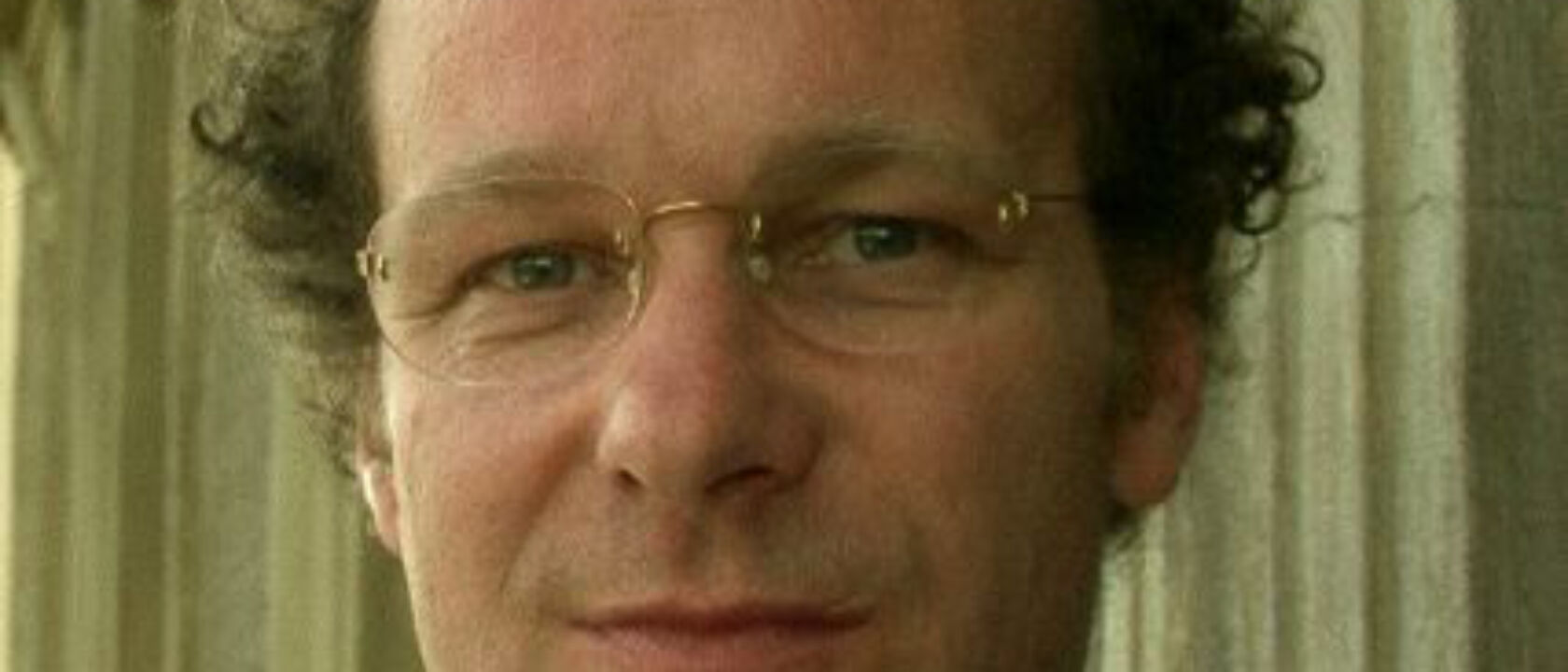Peter Böhm

Peter Böhm is a sound artist, sound designer, sound director and composer. Born in 1961 in Prague, he studied the violin at the Prague and Vienna conservatories, as well as jazz theory and arrangement, George Russell’s Lydian Chromatic Concept of Tonal Organization and electroacoustics and experimental music with Dieter Kaufmann at the University of Music and Performing Arts in Vienna.
Since 1987 he has been a sound director for Klangforum Wien, working alongside Florian Bogner since 2006. The pair directed the sound for Wolfgang Rihm’s Die Eroberung von Mexico at the 2015 Salzburg Festival. From 1997 to 2008 Peter Böhm taught sound design as part of Bernhard Leitner’s design theory class at the University of Applied Arts in Vienna. As an acoustic planner and consultant for architectural acoustics, he has worked on Wolfgang Bürgler’s studio for the double bass player Uli Fussenegger and the Library and Learning Centre in Vienna, designed by Zaha Hadid’s architectural practice.
He has developed ideas and software for live electronics and the movement of sound through space for solo, ensemble and musical theatre works by Roman Haubenstock-Ramati, Beat Furrer, Olga Neuwirth, Clemens Gadenstätter and Bernhard Lang, among others, taking part in performances of many of these works at festivals worldwide. He has also created solutions for acoustic irradiation, as well as realizing and interpreting works for (live) electronics by contemporary composers and sound artists such as Luigi Nono, Peter Eötvös, Fausto Romitelli, Salvatore Sciarrino and Alvin Lucier. Since 1988 he has been responsible for recording, editing and mastering many award-winning CD and film projects. In 2021 he set up a studio for audio-visual projects in Köfering (Wachau).
His interactive sound installations and performances since 1986 include reconstructing Bauhaus artist Ludwig Hirschfeld Mack’s Light Colour Plays in collaboration with Corinne Schweizer, and the sound design for Xavier Le Roy’s Le Sacre du printemps, which had its premiere in 2007 in Lyons and has been seen at more than fifty theatres and festivals worldwide.
